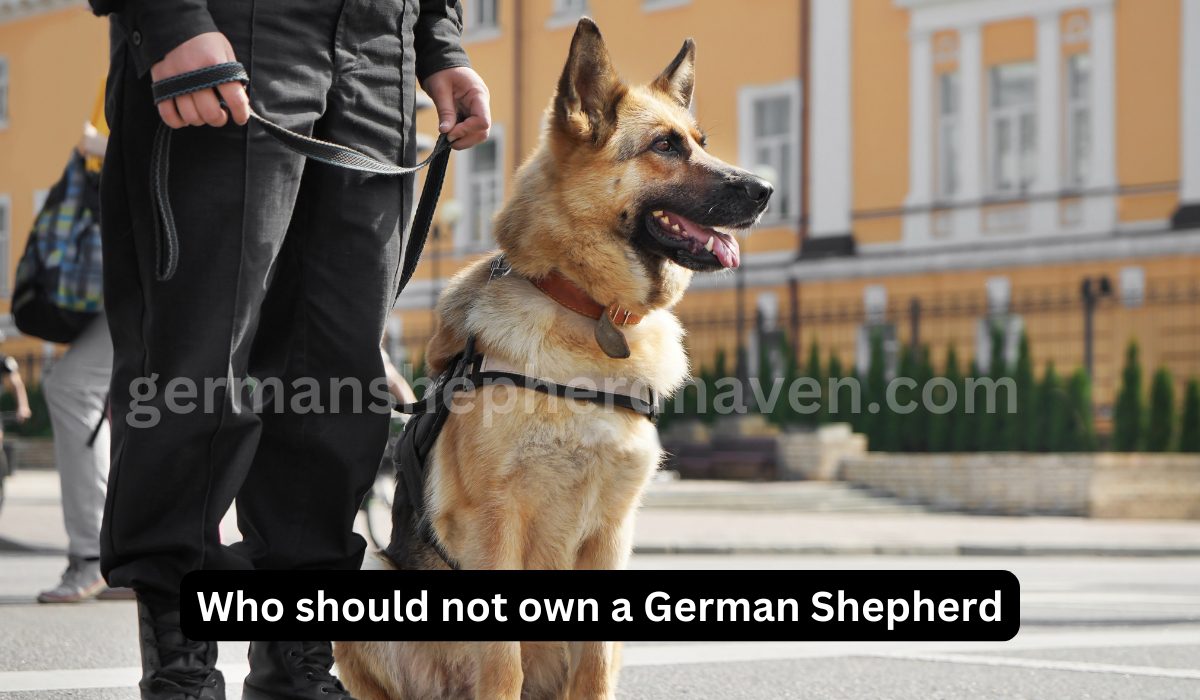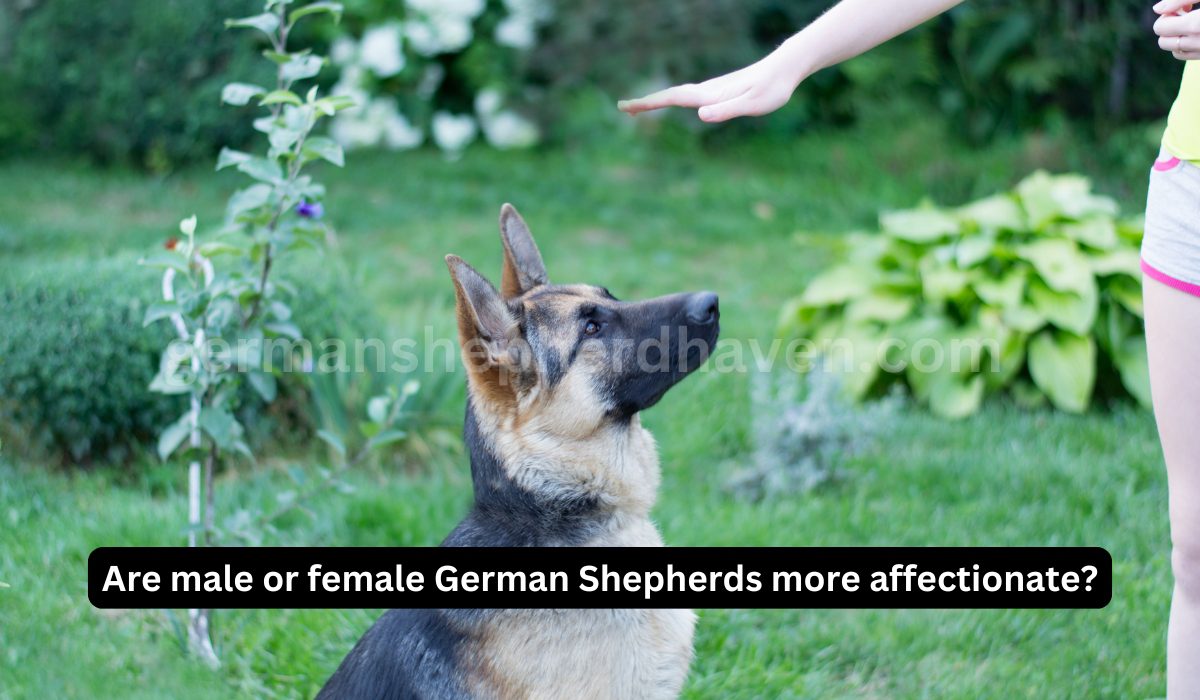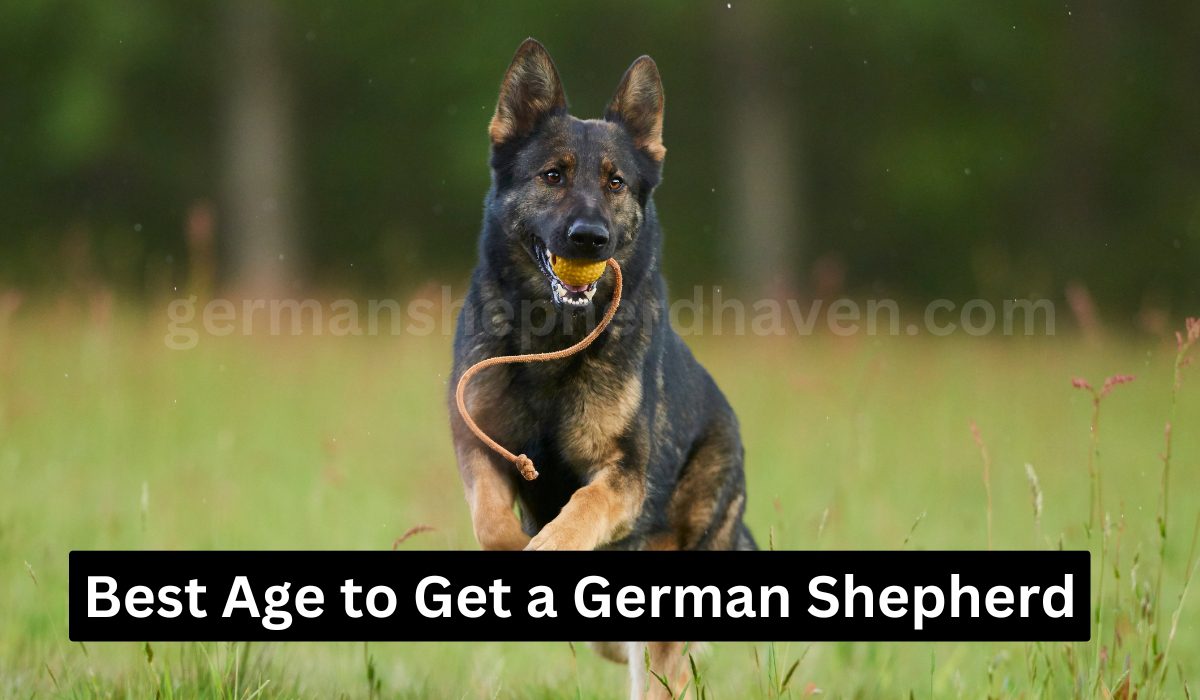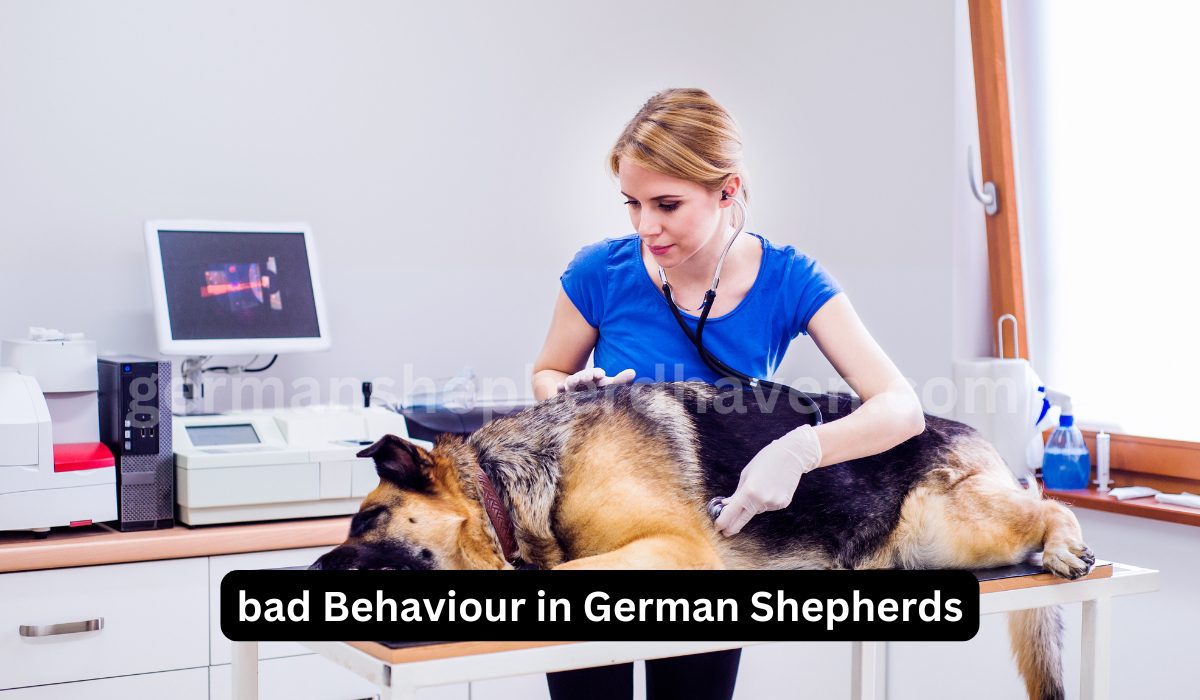Owning a German Shepherd can be a rewarding experience, but this breed isn’t for everyone. While they’re incredibly loyal, intelligent, and protective, they also come with some challenges that might not suit all households. So, before you bring home a German Shepherd, let’s walk through who might not be the best fit for this breed.
Table of Contents
ToggleTo dive deeper into the joys and challenges of sharing your home with this incredible breed, read our article Are German Shepherds Good Family Dogs?
Inexperienced Dog Owners
Challenges Faced by New Owners
If you’re new to owning a dog, a German Shepherd might be a bit overwhelming. These dogs are known for their intelligence, which is fantastic, but it also means they need a confident owner who can handle training and discipline. If you don’t have much experience, you might find it hard to keep up with their needs. Without the right guidance, they can develop behavioral issues like barking, chewing, or even aggression.
What is the downside of owning a German Shepherd? One of the major challenges new owners face is that German Shepherds can be stubborn and require consistent training. Without it, they may exhibit unwanted behaviors that can be difficult to manage.
Individuals with Limited Time
Importance of Exercise and Engagement
If you’re someone with a packed schedule or a job that keeps you away from home for long hours, a German Shepherd may not be the best choice. These dogs need a lot of exercise—think long walks, playtime, and mental stimulation. Without it, they can get bored, which often leads to destructive behaviors like chewing up furniture or excessive barking.
German Shepherds are working dogs by nature, so they need tasks to stay happy and balanced. If you don’t have time for daily activities like training or exercise, you might find it hard to keep them engaged and content. What type of person should own a German Shepherd? Someone with the time and commitment to provide both physical and mental stimulation is the ideal owner for this breed.
Families with Young Children
Safety Considerations and Interaction Risks
While many German Shepherds are wonderful family dogs, their size and energy can sometimes be a challenge if you have very young children. Puppies, in particular, are full of energy and may unintentionally knock over a toddler during playtime. Even fully trained German Shepherds need careful supervision around small kids.
Some people worry about the loyalty of large dogs and ask, Do German Shepherds turn against their owners? Generally, this breed is extremely loyal. However, poor training or mistreatment can lead to behavioral issues in any dog. Proper care and socialization are key.
People Living in Small Spaces
Space Requirements for German Shepherds
German Shepherds are big, active dogs, so if you live in an apartment or a small house with limited outdoor space, you’ll need to think about how to give them enough exercise. They thrive in homes where they have room to roam or at least access to a nearby park for daily exercise.
If you’re in a small space, it can still work, but only if you’re committed to getting them out for long, daily walks. Without enough room to burn off their energy, they can become restless and develop behavior problems. A yard isn’t a necessity, but a solid exercise routine is.
Individuals Unwilling to Commit to Training
Necessity of Ongoing Training and Socialization
German Shepherds are smart, but they can also be stubborn. Training isn’t just a one-time thing with this breed—it’s an ongoing commitment. If you’re not prepared to invest time in training, socialization, and keeping up with their mental needs, a German Shepherd might not be the right fit for you.
These dogs need clear boundaries, regular reinforcement of commands, and socialization with other dogs and people. Without proper training, they can become territorial or overly protective, which can lead to behavioral issues down the road. Is a German Shepherd a high-risk dog? In some cases, yes—if they are not properly trained or socialized, their strong protective instincts can make them difficult to handle, especially in unfamiliar environments.
Those with Allergies
Shedding and Allergy Considerations
German Shepherds are known for shedding—a lot! They have thick double coats, and shedding happens year-round, with even more during seasonal changes. If you or someone in your household has allergies, this might be a problem. Regular grooming and vacuuming can help, but you’ll still be dealing with fur on your clothes and furniture.
If allergies are a concern, you might want to consider a lower-shedding breed. But if you’re set on a German Shepherd, be prepared to manage the grooming and cleaning that comes with their heavy shedding.
People Seeking a Low-Energy Dog
Activity Level Requirements of German Shepherds
If you’re looking for a laid-back dog that doesn’t need much exercise, a German Shepherd isn’t the right breed. These dogs are highly active and require plenty of daily physical and mental stimulation. Whether it’s running, playing fetch, or even engaging in agility training, they need activities to stay happy and healthy.
German Shepherds were bred to work, and they thrive in environments where they have a job to do. If you’re hoping for a couch potato, this breed will likely leave you frustrated.
Individuals in Areas with Breed Restrictions
Checking Local Regulations on Dog Ownership
In some places, German Shepherds are classified as a “restricted” or “dangerous” breed, which means there may be laws or regulations that make it difficult—or even illegal—to own one. It’s important to check your local laws and housing regulations before committing to a German Shepherd, as you might face restrictions or higher insurance premiums because of the breed.
If you live in an area where breed-specific legislation is enforced, you may have to deal with more paperwork, restrictions, or even a complete ban on owning a German Shepherd.
Conclusion
German Shepherds are amazing dogs—loyal, intelligent, and protective—but they’re not the right fit for everyone. Before bringing one into your home, consider your lifestyle, the time you have to dedicate to their exercise and training, and whether your living situation can accommodate their needs. By being honest with yourself, you can make a decision that’s best for both you and the dog.
If you’re ready for the challenge and can provide the time and space they need, a German Shepherd can be a fantastic addition to your family. Just be sure you’re prepared for the responsibilities that come with this incredible breed.
Read Also:
- Pros and Cons of Owning a German Shepherd
- Which is better male or female German Shepherd?
- Do German Shepherds Like to Cuddle?
FAQs
What type of person should own a German Shepherd?
A German Shepherd is best suited for active individuals or families who can provide plenty of time for exercise, training, and mental stimulation. Ideal owners are experienced with dogs, have the time to commit, and live in a home with enough space for the dog to thrive.
What are the disadvantages of German Shepherds?
German Shepherds require significant exercise, regular grooming, and can be prone to health issues like hip dysplasia. Their high energy levels and strong-willed nature also demand ongoing training and socialization, which might not be ideal for everyone.
Why not own a German Shepherd?
You may want to avoid owning a German Shepherd if you lack time for regular exercise and training, live in a small space, or have very young children. Their size, energy levels, and need for engagement can be overwhelming for people with busy schedules or limited experience with dogs.
Is a German Shepherd a high-risk dog?
In some areas, German Shepherds are considered a higher-risk breed due to their protective instincts and strength. Without proper training and socialization, they can be challenging to manage, which may lead to behavioral issues, contributing to their reputation as a high-risk dog.















